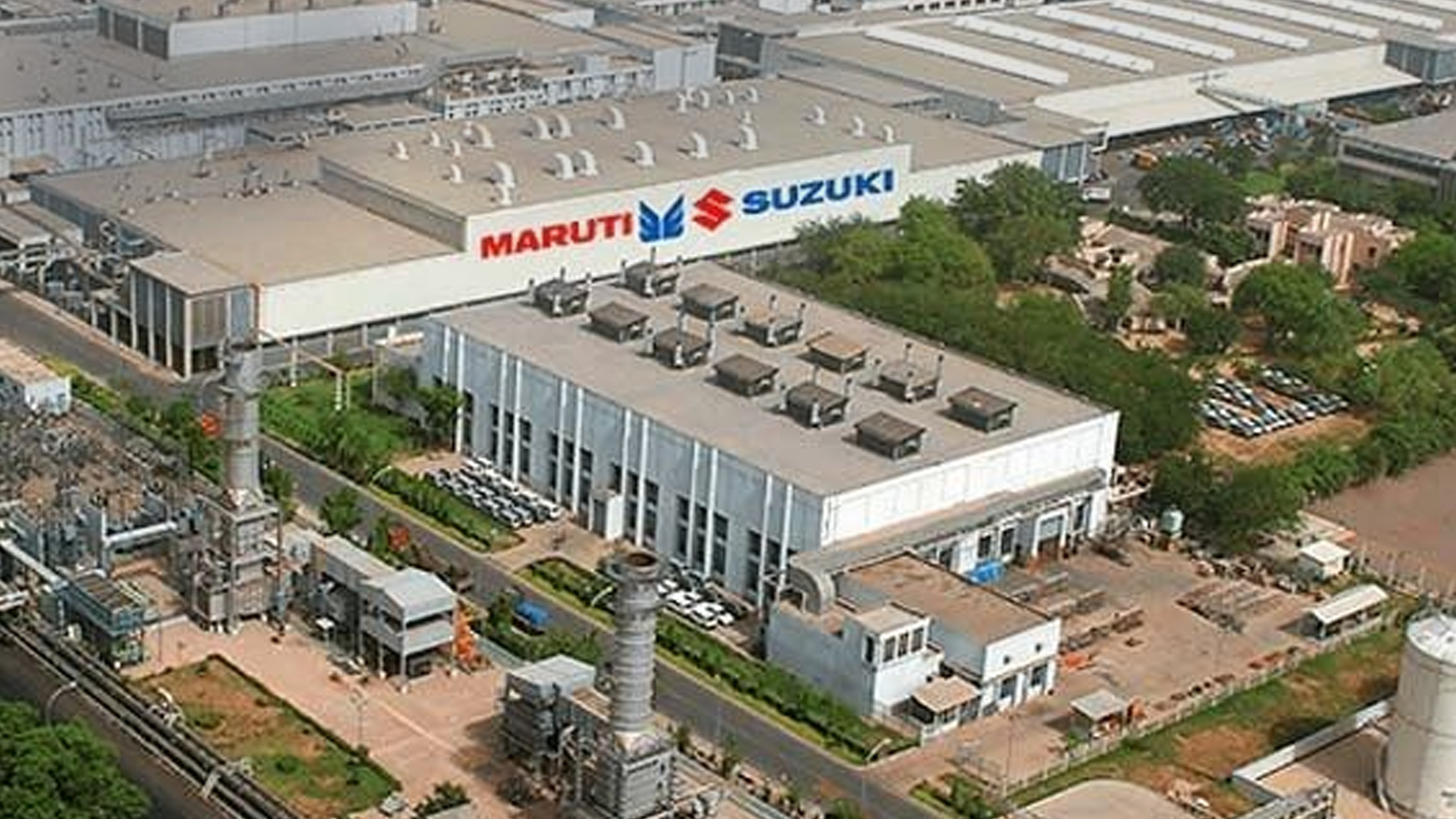Maruti Suzuki to Invest ₹70,000 Crore in India, Launches First EV e-Vitara
The company’s investment will also go into building a new manufacturing plant in Kharkhoda, Haryana

Maruti Suzuki India Ltd (MSIL), the country’s largest carmaker, has announced an ambitious investment plan of ₹70,000 crore over the next five to six years to ramp up production capacity, strengthen its electric vehicle (EV) portfolio, and enhance its manufacturing infrastructure. The announcement marks a historic step for the company, which also flagged off its first-ever electric SUV, the e-Vitara, as part of its transition toward cleaner mobility solutions.
The investment plan is aimed at bolstering Maruti Suzuki’s position in India’s rapidly evolving automobile market, where the push for electrification and sustainability is reshaping the industry. The company said the capital will be allocated to setting up new manufacturing facilities, expanding production capacity, and developing EV technology, batteries, and related infrastructure. This move is part of parent company Suzuki Motor Corporation’s broader strategy to make India a global hub for EV production and exports.
Maruti Suzuki’s Chairman R.C. Bhargava stated that this is one of the largest investments by the company to date and reflects its commitment to future-ready mobility solutions. The company has set an ambitious goal to produce around one crore vehicles annually by 2030, of which a substantial portion will include EVs and hybrids. The company is also investing in developing a comprehensive charging network to support the rollout of its EV portfolio.
The launch of the e-Vitara marks Maruti Suzuki’s official entry into the EV segment, a space where rivals such as Tata Motors, Mahindra & Mahindra, and Hyundai have already made significant inroads. The e-Vitara will be manufactured at the company’s Gujarat plant and is expected to be available for sale by 2025. The model will feature advanced battery technology and connected car solutions, reflecting Maruti Suzuki’s emphasis on innovation.
The company’s investment will also go into building a new manufacturing plant in Kharkhoda, Haryana, which will have an initial capacity of 2.5 lakh units per annum. The facility is expected to begin operations in 2025 and will serve as a key hub for both domestic sales and exports.
Industry experts view Maruti Suzuki’s move as a major boost for India’s automotive ecosystem, especially given its scale and timing. India’s EV adoption is projected to accelerate in the coming years, supported by government incentives and rising consumer awareness. According to analysts, Maruti Suzuki’s aggressive push into EVs will not only help the automaker maintain its market leadership but also catalyze further investments across the supply chain, including battery manufacturing and component production.
Maruti Suzuki has already partnered with Suzuki Motor Gujarat and Toyota Motor Corporation to strengthen its electric and hybrid portfolio. The company is also exploring localized battery manufacturing to reduce costs and improve affordability for Indian consumers.
With a cumulative investment target of over ₹1.25 lakh crore by the end of the decade, including the latest ₹70,000 crore announcement, Maruti Suzuki is positioning itself as a key player in India’s EV transition while continuing to grow its stronghold in traditional internal combustion engine (ICE) vehicles.